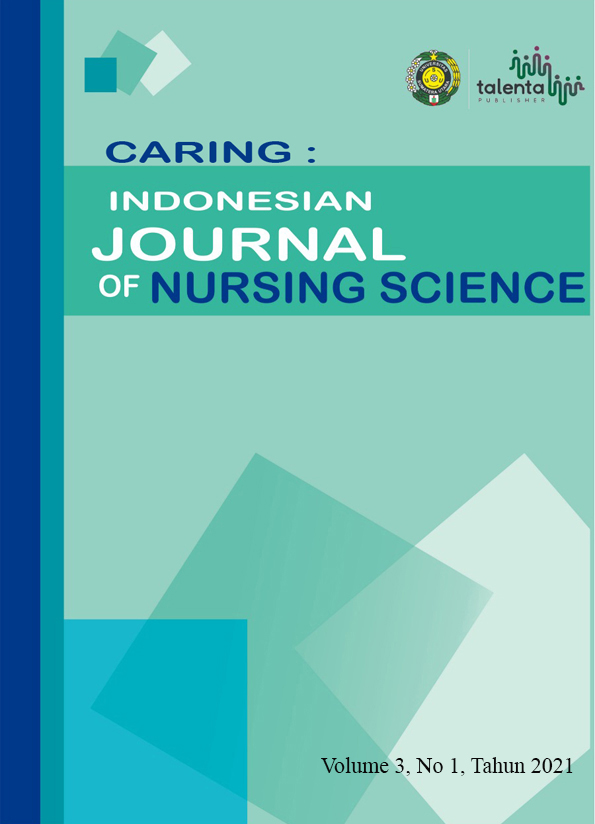The Effective Small Group Discussion to Improve Adolescent Knowledge on HIV/AIDS Prevention
DOI:
https://doi.org/10.32734/ijns.v3i1.6006Keywords:
Health education; small group discussion; youth knowledge; HIV/AIDSAbstract
The incidence number of HIV/AIDS is the most worrying case globally, and the number keeps increasing. The highest risk factor affecting adolescents to have HIV/AIDS is lack of information. Thus, it is necessary to provide proper health education on HIV/AIDS using the small group discussion method. This study aims to determine the effect of HIV/AIDS education using the small group discussion method on teenagers' HIV/AIDS prevention knowledge. This research used a pre-experimental design, no control one-group pretest-posttest design. There were 55 respondents as samples obtained by using simple random sampling. They were divided into five small groups. Each group was provided the identical material, namely HIV and its prevention, for three hours with two sessions. The first session lasted for two hours consisted of knowledge sharing based on trigger cases. The second session lasted for one hour consisted of continuing and reviewing the material given in the first session. A questionnaire was handed out to collect adolescent knowledge about HIV/AIDS and analyzed the data using paired t-test. The result showed that adolescent knowledge scores on HIV/AIDS increased after being provided with health education on HIV/AIDS. The paired t-test value of a knowledge is p = 0.000 (p-value<0.05). The implication in this study is that providing health education on HIV/AIDS using the small group discussion method has proven to be effective in expanding adolescent knowledge on HIV/AIDS prevention.
Â
Downloads
Downloads
Published
How to Cite
Issue
Section
License
Copyright (c) 2021 Caring: Indonesian Journal of Nursing Science

This work is licensed under a Creative Commons Attribution 4.0 International License.








